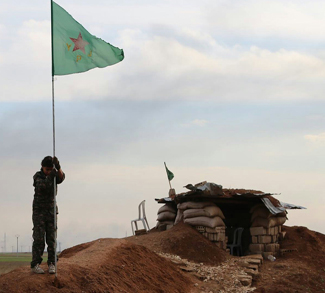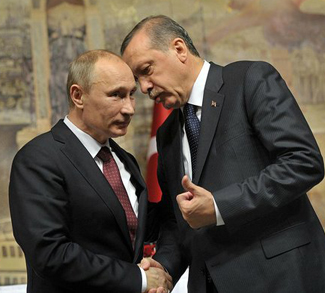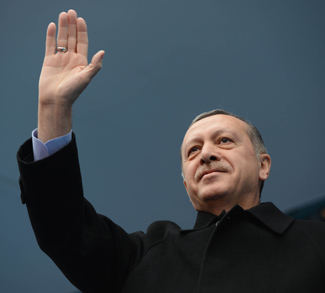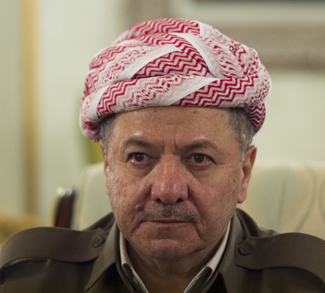Summary
Amid the apparent collapse of another ceasefire, Turkey has been shelling Kurdish People’s Protection Units (YPG) in northern Syria. The attacks began after YPG-allied forces took control of the Menagh airbase, which was only recently vacated by rebel forces following a string of Russian air strikes.
Turkish Foreign Minister Mevlut Cavusoglu turned heads last week when he said that a joint ground offensive with Saudi Arabian troops is a future possibility. Saudi aircraft are already on their way to Turkey’s Incirlik air base ahead of their planned participation in the ongoing coalition campaign against Islamic State.
Elsewhere, government troops have been active on the Syrian battlefield in and around the strategically crucial and long-suffering city of Aleppo. A string of victories in early February suggests that opposition supply lines might be in jeopardy.
Impact
Taken together, these events represent a potential game-changer in the Syria civil war.
International attempts to hammer out a truce have been overshadowed by events on the ground in Aleppo, where Syrian government forces have launched an unprecedented offensive alongside militias from Lebanon and Iran.
The attack has taken all parties by surprise, both within Syria and without, and early indications point to several villages falling to government forces.
The goal of the offensive is to cut opposition supply lines running through Turkey, and here is where the Kurdish question looms large. To the north, the YPG has also been moving into areas long-held by opposition forces, and by doing so it is controlling an ever larger swathe of the Syria-Turkey border. These advances, such as the move into the Menagh airbase near Azaz, are crossing the Turkish ‘redline’ of no new YPG territory west of the Euphrates (a restriction the YPG apparently tried to skirt by claiming it wasn’t its own forces that took Menagh but the allied Jaysh al-Thuwar militia).




